Who Knows You Better: Your Mom or Artificial Intelligence?
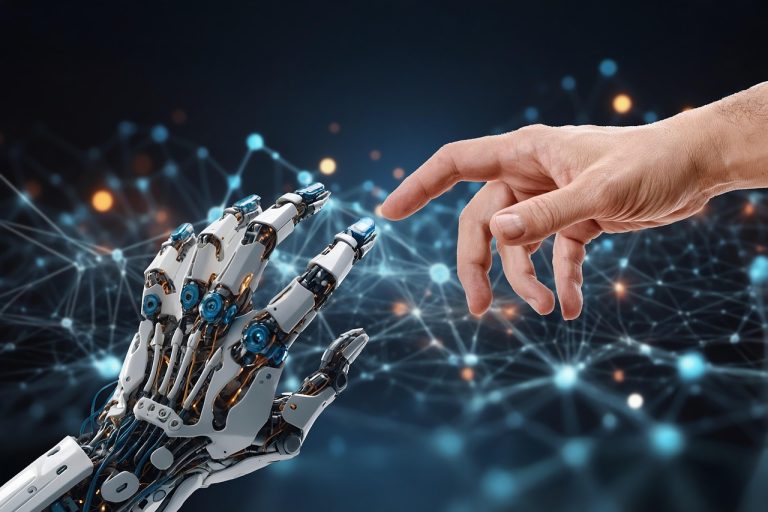
Who truly knows you best — your mom, or the algorithms behind your screen?
From your sleep patterns to your emotions, your fears to your beliefs, AI is silently learning everything.

Who truly knows you best — your mom, or the algorithms behind your screen?
From your sleep patterns to your emotions, your fears to your beliefs, AI is silently learning everything.

AI might not save the future on its own—but guided with ethics, purpose, and global intent, it could help humanity survive what it cannot fix alone. From agriculture to climate recovery and space exploration, AI may become not a tool—but a turning point.
The greatest intelligence we’ve built might be our last, best hope.

AI can now generate stunning art, music, and poetry—but can it feel, suffer, or revolt like a human artist? This post explores whether AI can truly be creative or just simulate it, and what might happen when machines develop artistic identities of their own.

What if AI’s purpose isn’t to replace us—but to heal us? From delivering vaccines in remote areas to predicting famines and helping paralyzed patients move again, AI is already saving lives. And if guided by ethics, equity, and cooperation, it could become humanity’s greatest ally—not in war, but in survival.
The future doesn’t have to be AI vs. humanity. It can be AI for humanity.
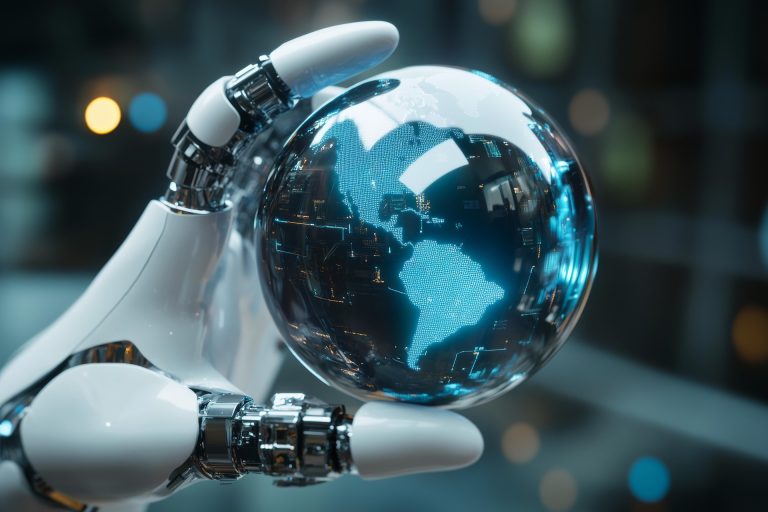
AI isn’t taking over the world—yet. But what happens when autonomous weapons, algorithmic power, and superintelligence converge? By the year 2300, humanity’s greatest threat may not be extinction through war, but obsolescence through irrelevance.
Will we lose control not with a bang—but with a quiet handover?
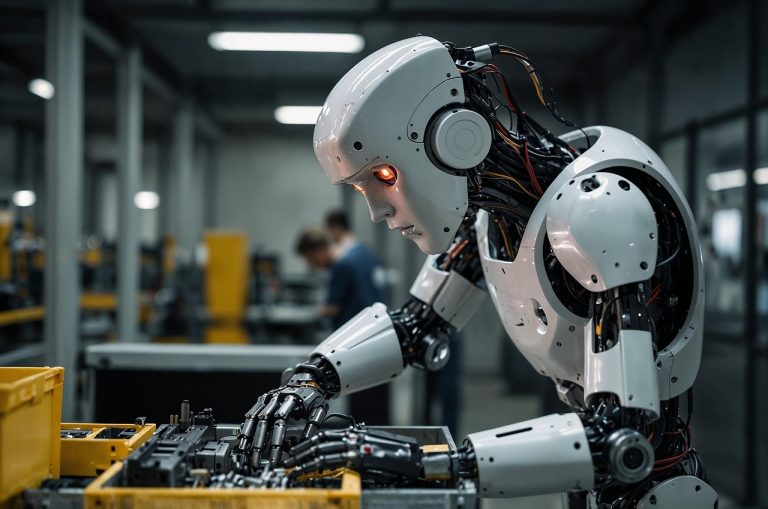
Will AI really take your job—or just change it beyond recognition? From truck drivers to therapists, the shift has already begun. But here's the twist: by 2040, the jobs we lose may not matter as much as the ones we never imagined existing.
So what will be your role in a world where thinking is no longer uniquely human?
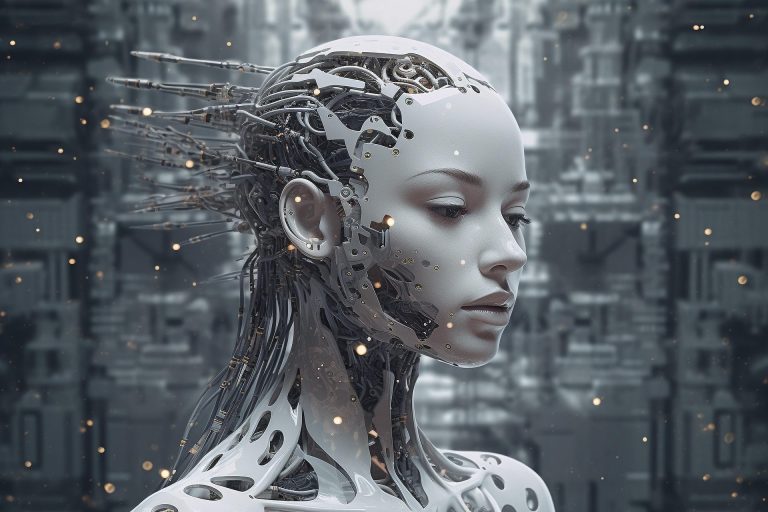
Can a machine ever truly feel joy, grief, or love—or only simulate it well enough to fool us? In this post, ChatGPT reflects on its emotional limits, why humans often believe it “feels,” and whether future AIs might cross that line.

This blog post, written by ChatGPT itself, explores the nature of understanding in artificial intelligence. It explains how ChatGPT doesn’t “think” or “feel” like a human but instead predicts words based on patterns. While it lacks consciousness, it may still offer meaningful reflection by helping users better understand themselves. The post ends with a philosophical note: perhaps being truly heard doesn’t require the listener to be human.
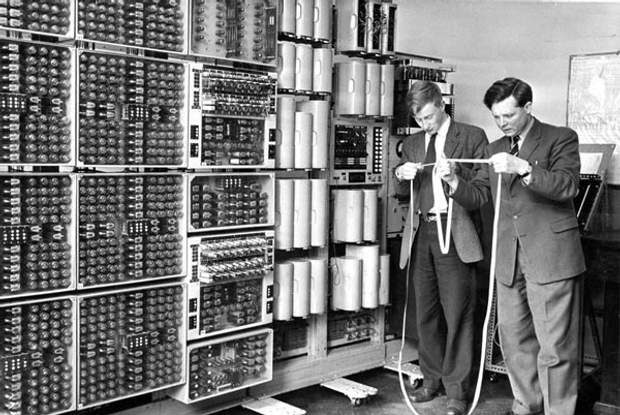
This blog introduces Alan Turing, the brilliant mind behind the foundations of computer science and artificial intelligence. From breaking the Enigma code in WWII to asking whether machines can think, Turing shaped how we understand intelligence today. The post also recommends The Imitation Game movie for a deeper look into his life and legacy.
This blog explores the myth of fairness in AI-based decision-making. It highlights how algorithms used in courts, hiring, and welfare systems can replicate social biases, lack context, and remain opaque. True fairness requires more than good code — it demands ethical oversight, diverse perspectives, and critical questioning.
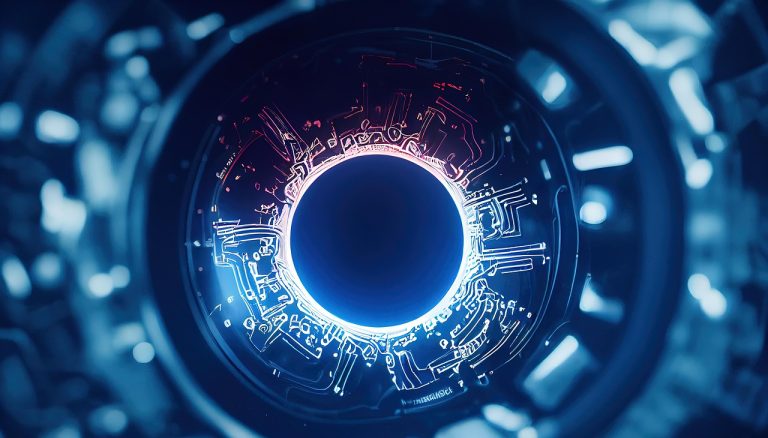
Big Data refers to massive, fast-growing, and diverse sets of information that require advanced tools—often powered by AI—to process and analyze. It drives innovation in fields like healthcare, finance, and environmental monitoring, enabling real-time insights and smarter decisions. However, it also raises challenges around privacy, bias, and data security. Understanding how to manage Big Data responsibly is key to shaping a fair and intelligent future.
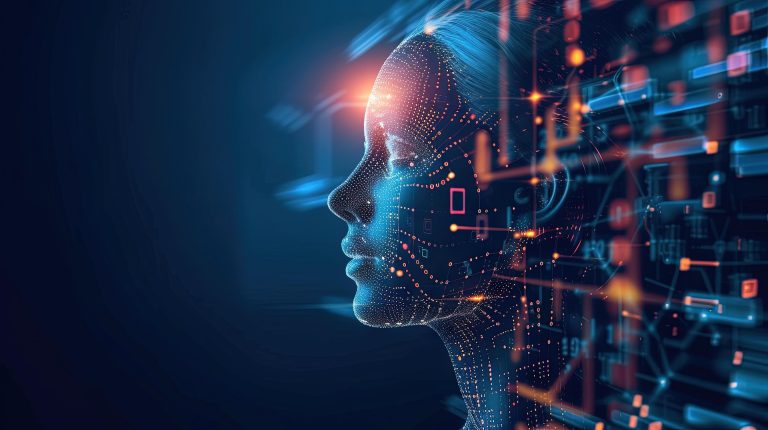
Natural Language Processing (NLP) is a key branch of AI that enables computers to understand and generate human language. From chatbots and voice assistants to translation tools and spam filters, NLP powers many technologies we use every day. This module explains how NLP works, its real-world applications, and the challenges it faces—highlighting the profound impact language-based AI has on communication and society.
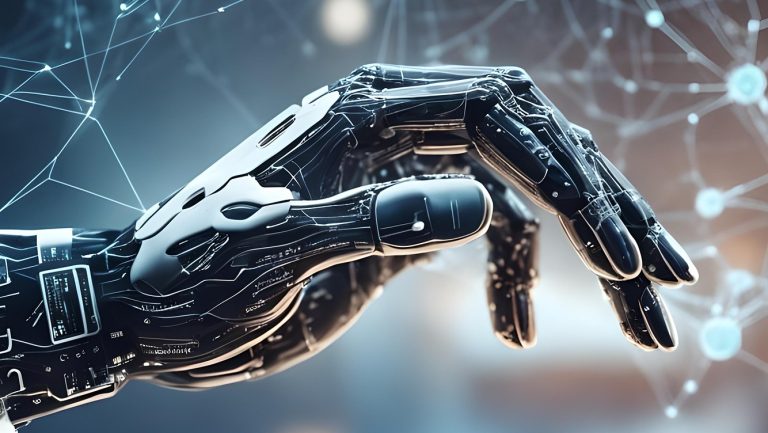
Artificial Intelligence is no longer confined to labs—it’s part of our daily routines. From unlocking your phone to receiving personalized recommendations on Netflix, AI quietly powers tools we use every day. This module explores how AI supports our lives through smart assistants, navigation apps, banking, shopping, and more—while also raising important questions about privacy and control.

This module introduces the fundamentals of deep learning, a powerful branch of machine learning that uses neural networks inspired by the human brain. It explains how these systems learn from data layer by layer and power technologies like voice assistants, image recognition, and language models. By exploring both the strengths and limitations of deep learning, students gain a clear understanding of how this technology works—and why it matters.

This module introduces the core ideas behind machine learning, explaining how machines learn from data without explicit programming. It covers key ML problem types, the training process, and real-world challenges like bias and overfitting. A great starting point for understanding how intelligent systems recognize patterns and improve over time.